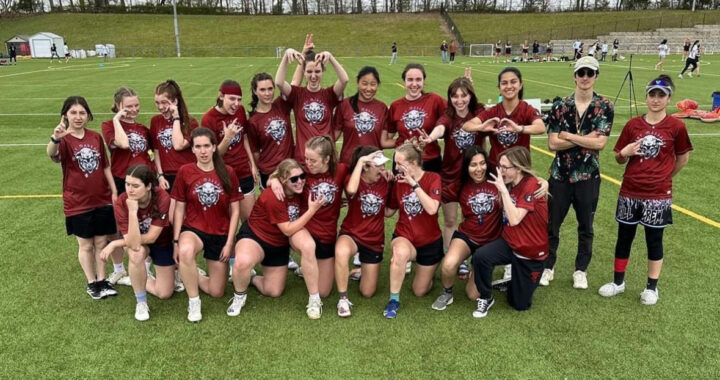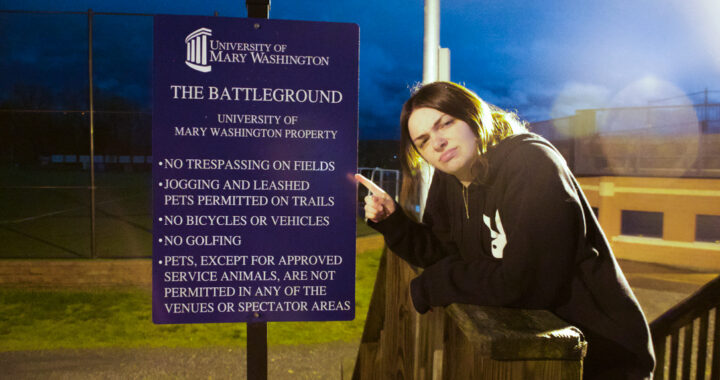New bill allows college athletes to get paid for play
3 min read
ncaa.com
By GRACE MONTES
Staff Writer
On Sept. 9, 2019, the state of California unanimously passed the bill “Fair Pay to Play.” This bill will allow college athletes to receive profit from the use of their names and image and receive authorization to sign endorsement deals. This bill would essentially allow college athletes to be paid for their work, appearances and publicity.
Several UMW students have shared their support for the passing of this bill, and their thoughts on how it could create new opportunities that are overall beneficial to student athletes.
One supporting reason is the financial struggle that the majority of college students endure, especially athletes.
Senior Samuel Mackin said, “Every time I am at these games, I see the athletes putting in their all, and I would love to see their efforts rewarded. Speaking as a college student myself, these athletes could benefit from all the financial help they can get.”
“I think it is necessary for these athletes to be paid. It can serve as money for school-related expenses and serve as a kind of financial aid. It can allow coaches to notice them and hopefully increase their chances of a professional career,” said sophomore Jai-leah Garcia.
Another reason is branding. Athletes gain a following, and in turn become the face of a franchise. Fans and supporters become passionate not only for their favorite teams, but their favorite players. As an athlete’s name, number and even face appear on water bottles, t-shirts and magnets, the franchise profits–but perhaps the player should get a cut, too.
Jasmine Nixon acknowledged that image can become a major component of an athlete’s success. “College athletes would benefit from their image being sold and used because it would be mutually beneficial for both the companies and the athlete. The athlete would gain popularity and create a bigger name for themselves, increasing the chance of them being signed to the NFL, and the companies would have a market increase due to the athletes rising fan base.”
The bill has also caught the attention of bigger names in the sports industry. NBA star Lebron James shared his support via twitter to his large fanbase. “This law is a GAME CHANGER. College athletes can responsibly get paid for what they do and the billions they create.”
While there has been mostly positive reception of the bill, the National Collegiate Athletic Association, also known as the NCAA, has spoken out in opposition of the Fair Pay to Play Act.
The NCAA is a non-profit organization that oversees student athletes throughout over a thousand institutions. The organization sent a letter to California Governor Gavin Newsom within days of the passing of the bill, outlining several arguments against it.
The letter read, “If the bill becomes law, and California’s 58 NCAA schools are compelled to allow an unrestricted name, image and likeness scheme, it would erase the critical distinction between college and professional athletics.”
The letter also argued that it would create inequality between college athletes outside of California, stating that, “nearly half a million students in all 50 states compete under the same rules. This bill would remove that essential element of fairness and equal treatment that forms the bedrock of college sports.”
Another voice speaking out against the Fair Pay to Play Act is former NFL quarterback Tim Tebow, who shared his view on ESPN’s First Take. He expressed feelings of inequality, saying that “It changes what’s special about college football. We turn it into the NFL, where who has the most money, that’s where you go.” He further went on to share his own personal college athletics experience, explaining that he did not profit from the sales of his jersey.
The debate over the Fair Pay to Play Act poses two very different stances on the opportunities created with the passing of the bill. With the attention it has received from well-known figures in the sports industry, the pending approval of the bill leaves many in anticipation of what is to come out of it. California Gov. Gavin Newsom must rule on it 30 days from the passing of the bill.











